




Hungary has launched the RAVEN satellite project, a strategic initiative aimed at testing space-based 5G and 6G communications and integrating terrestrial and non-terrestrial networks.
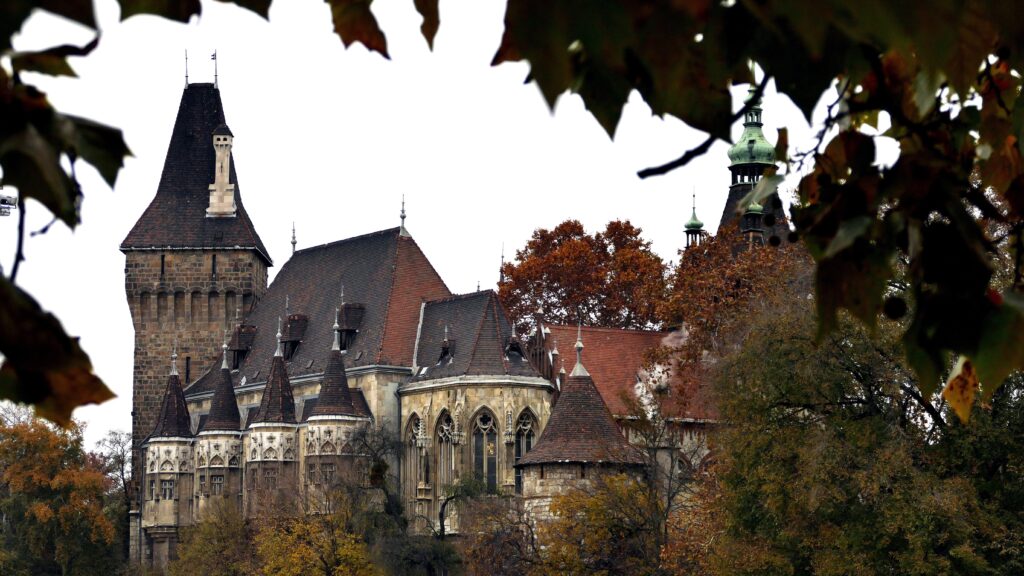
The Liget Budapest Project has received the award for Best Creative and Sustainable Tourism District at the Creative Tourism Awards in Barcelona, beating more than 200 international applicants.

The ongoing conflict involving the United States, Israel and Iran could disrupt the supply of key semiconductor manufacturing materials, raising concerns among chipmakers already struggling with global supply bottlenecks.

Hungary’s media regulator has approved roughly 84 million forints in funding for television news, current affairs, and cultural programmes, while also launching investigations into programme obligations and reviewing several media complaints.

The number of registered jobseekers in Hungary fell to 225,994 in February 2026, more than 6,000 fewer than a year earlier, as the government highlighted low unemployment and expanded employment support programmes.

Hungarian authorities have confirmed that the tax office is investigating suspicious business dealings linked to a former company of Márk Radnai, vice president of the Tisza Party, following a complaint alleging fraud, fictitious invoices and the use of homeless intermediaries.
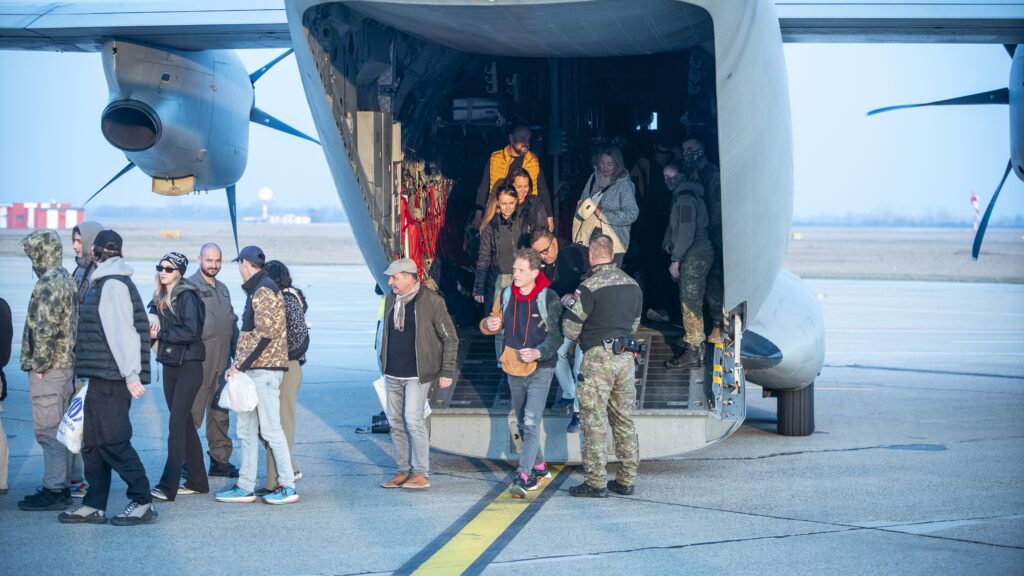
Hungary has launched its first evacuation flight to Jordan to bring home citizens stranded in the Middle East due to the ongoing conflict and widespread airspace closures across the region.

Graphics card shortages and rising prices are expected to continue as Nvidia warns that supply constraints tied to the global memory shortage could affect gaming hardware availability well into the coming year.
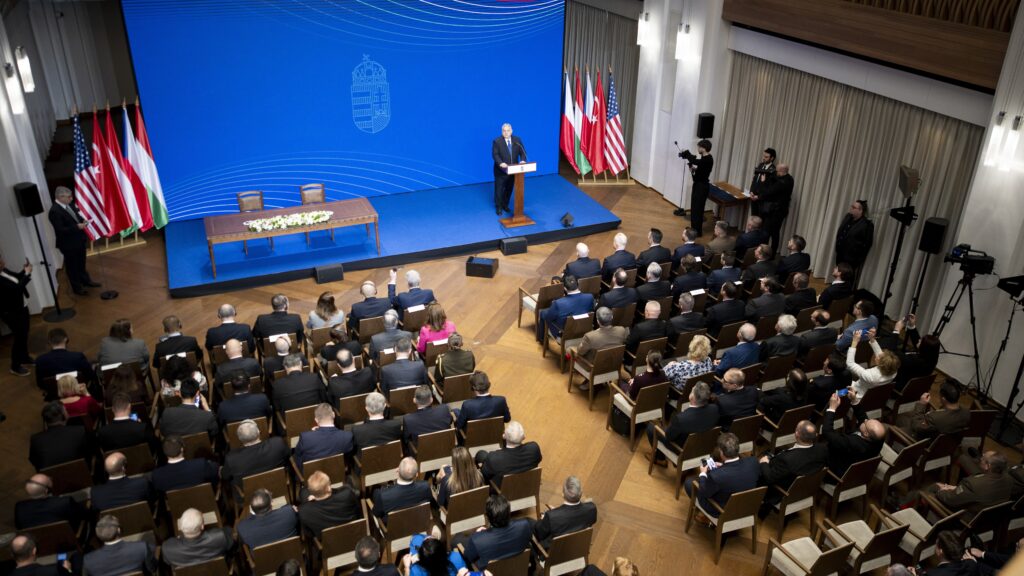
Hungarian Prime Minister Viktor Orbán said Central European cooperation is essential for strengthening regional industry and security, as Hungarian and Czech defence companies announced a long-term strategic partnership in Budapest.
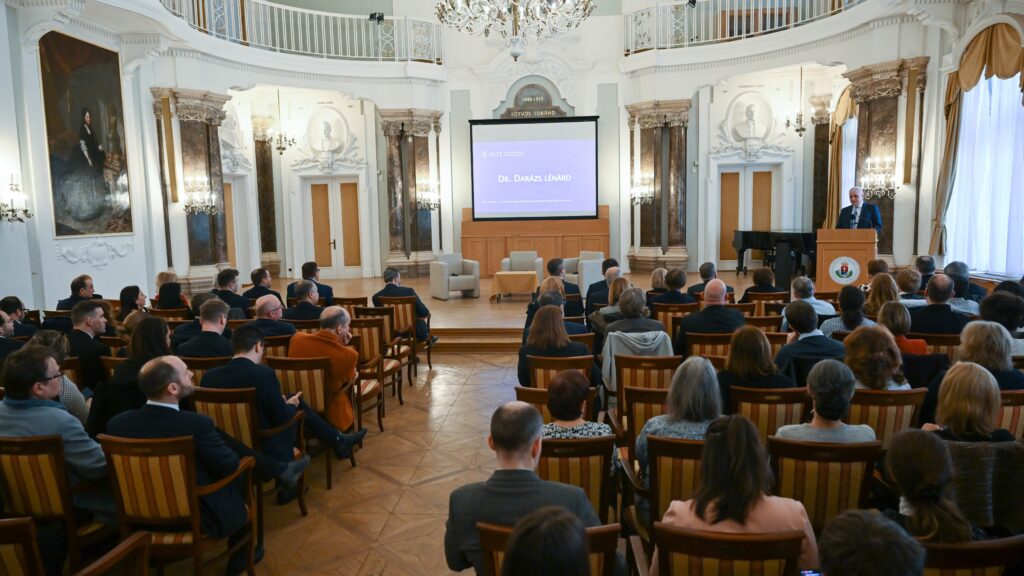
Eötvös Loránd University has launched a flagship artificial intelligence programme aimed at expanding research, education and innovation, as officials say Hungary already ranks among the world’s top users of AI technology.
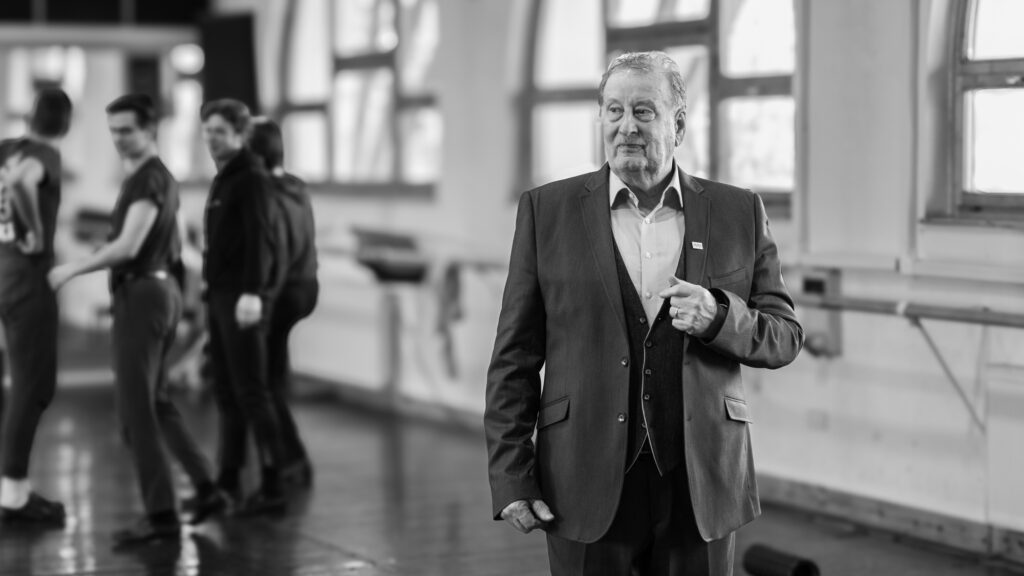
Artist of the Nation and Kossuth Prize–winning choreographer Zoltán Zsuráfszky reflects on a lifetime devoted to Hungarian folk dance. From his formative collecting trips across the Carpathian Basin in the 1970s to leading the Hungarian National Dance Ensemble today, he speaks about preserving authentic traditions, bringing them to the world stage, and the philosophy behind works such as Hungarian Wedding (Magyar Menyegző).
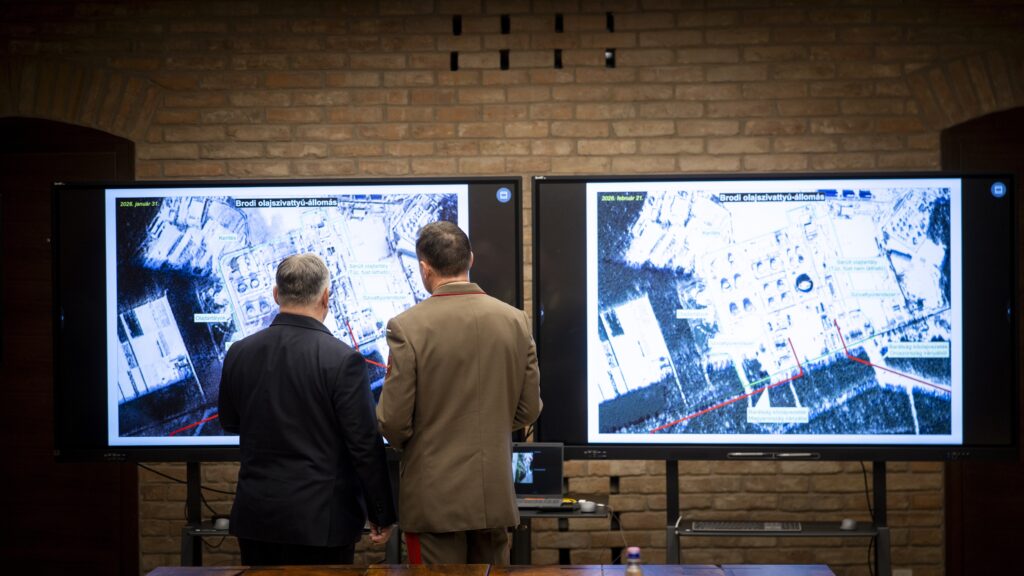
Hungarian Prime Minister Viktor Orbán said satellite imagery shows the Druzhba oil pipeline is operational and urged Ukrainian President Volodymyr Zelenskyy to immediately restart oil shipments and allow international inspectors.
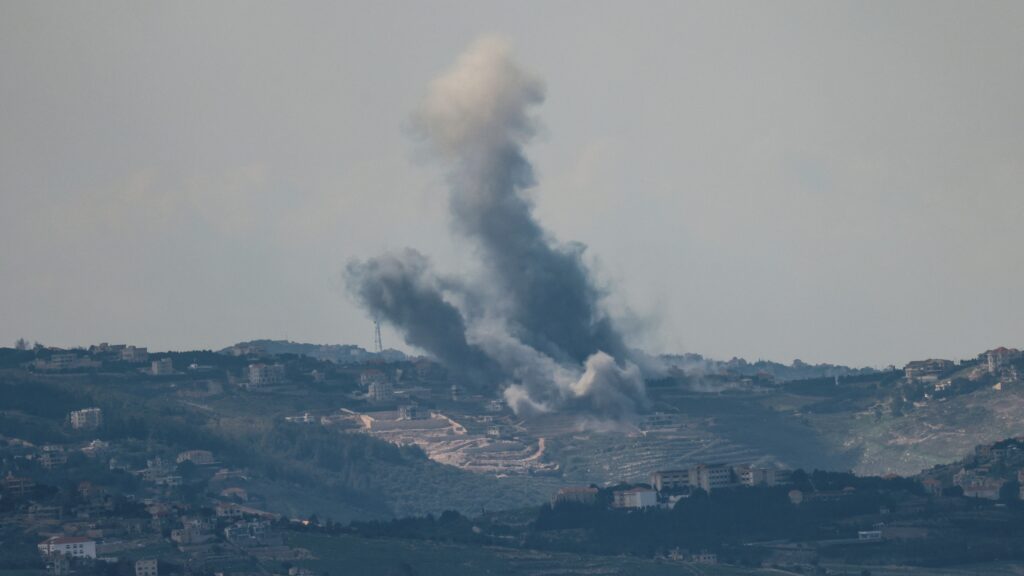
A new analysis warns that the war involving Iran could spark a prolonged migration crisis and increased security risks in Europe, as economic collapse and instability push millions of people to consider leaving the region.
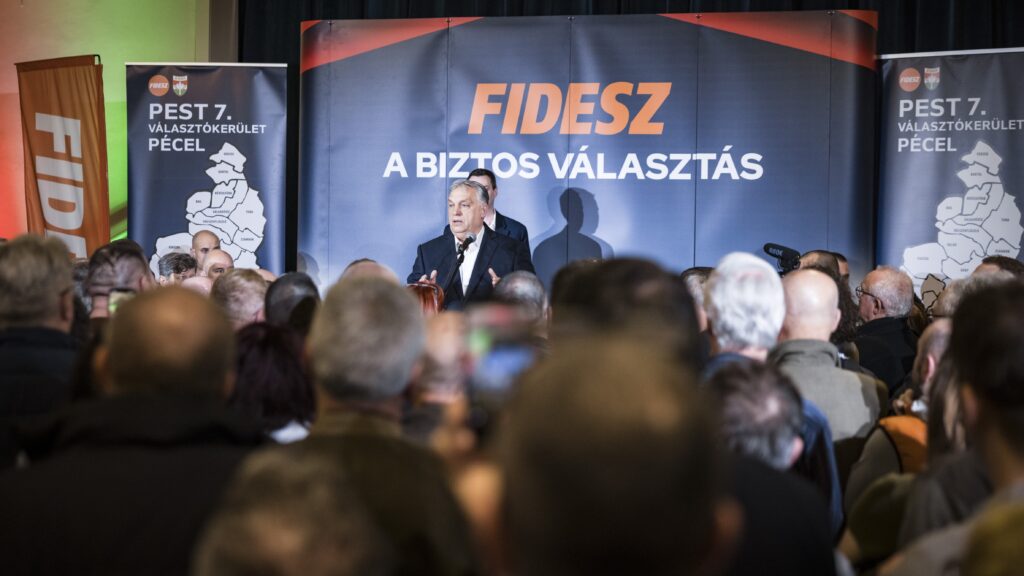
Balázs Orbán, political director to Prime Minister Viktor Orbán, said the first week of Hungary’s election campaign took place amid an alleged Ukrainian oil blockade and rising Middle East tensions, while claiming Fidesz had taken an early lead in signatures and polling.
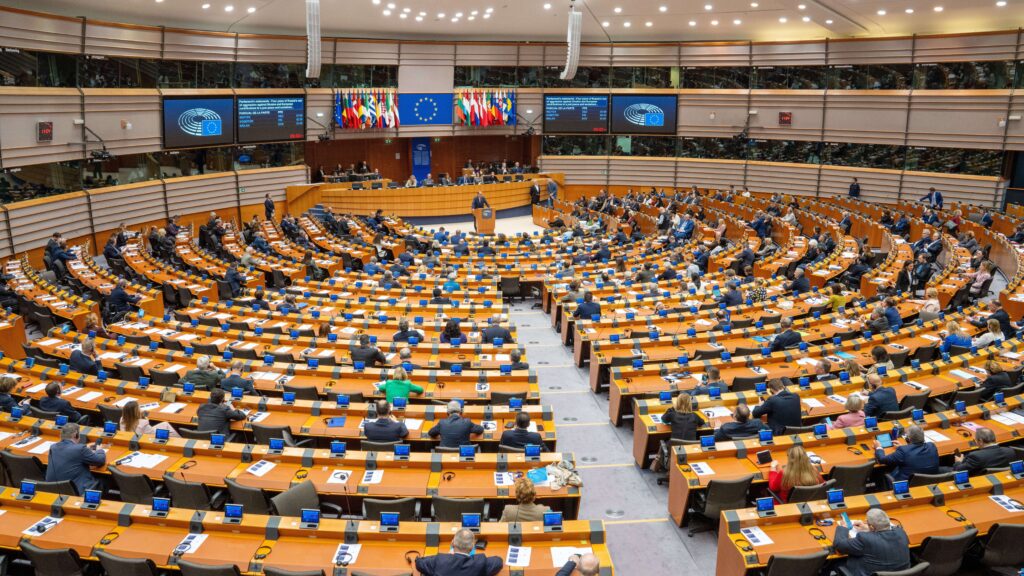
A Brussels meeting saw a heated debate over whether Hungary could link EU legislation for a 90 billion euro Ukraine loan package to the reopening of the Druzhba oil pipeline, highlighting tensions over energy security and EU policy.

The Stop Killing Games movement is launching official NGOs in the EU and the United States after gathering more than 1.3 million petition signatures, aiming to push for long-term changes in how video games are handled after shutdown.
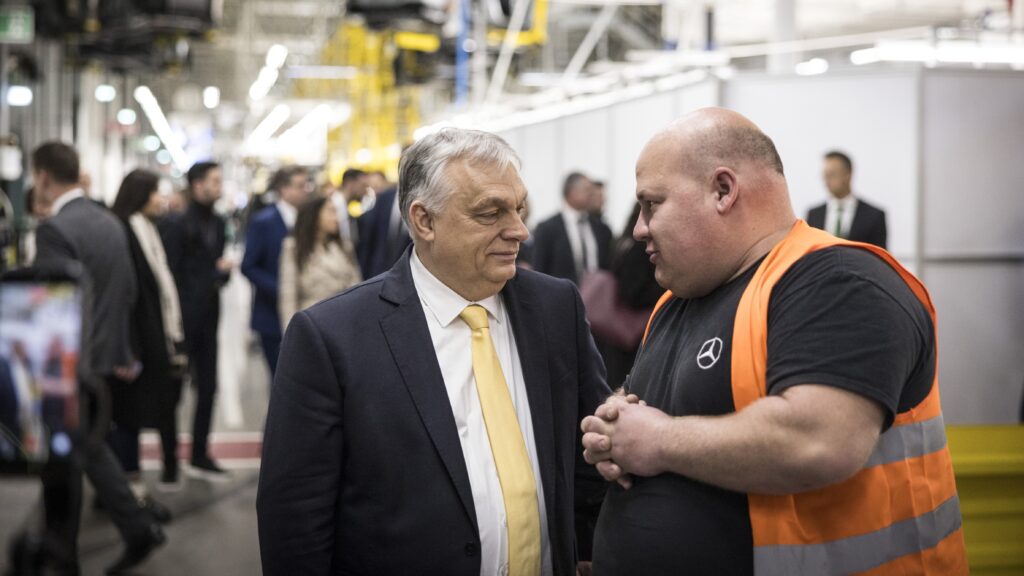
Affordable energy will determine whether Europe’s automotive industry, including the Mercedes-Benz factory in Kecskemét, can remain competitive, Viktor Orbán said at the carmaker’s 140th anniversary event.
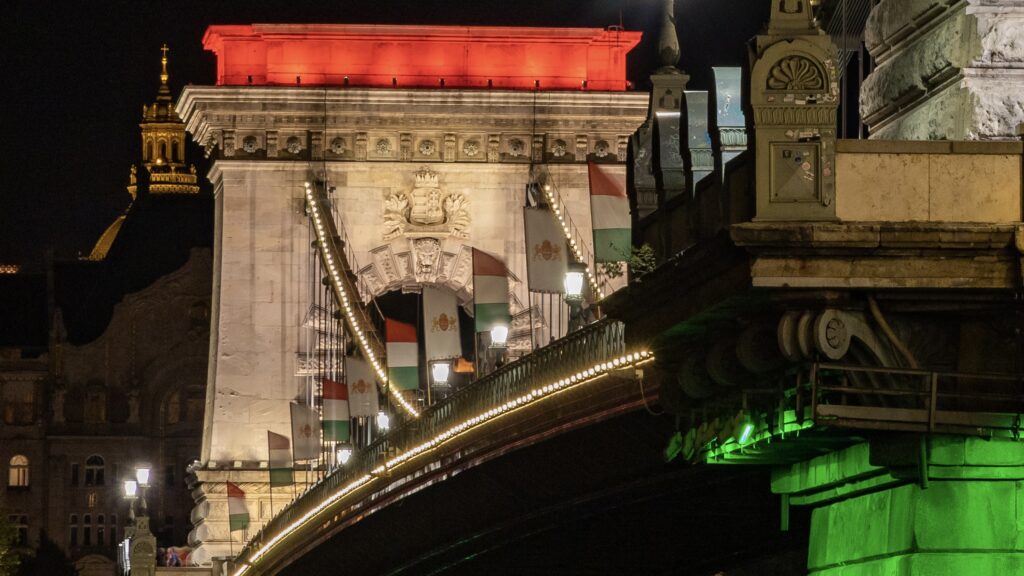
Net wages in Hungary have been increasing faster than gross pay for months, a government official said, attributing the trend to family policy measures and pointing to continued wage growth and improving real earnings across the country.

Budapest’s transport authority could begin procurement for a citywide electronic ticketing system after the municipal assembly backed the concept, with bank card based Pay and Go payments expected to appear gradually across the network from 2028.
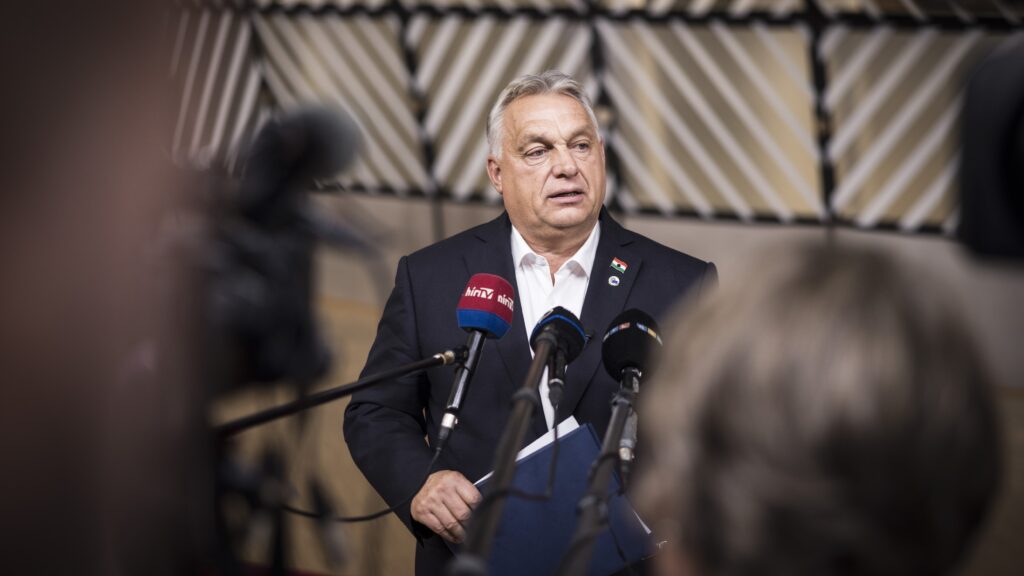
Hungarian Prime Minister Viktor Orbán called on Ukrainian President Volodimir Zelenskyy to reopen the Druzhba oil pipeline and stop actions he says threaten Hungary’s energy security, in an open letter published on Facebook on Thursday.
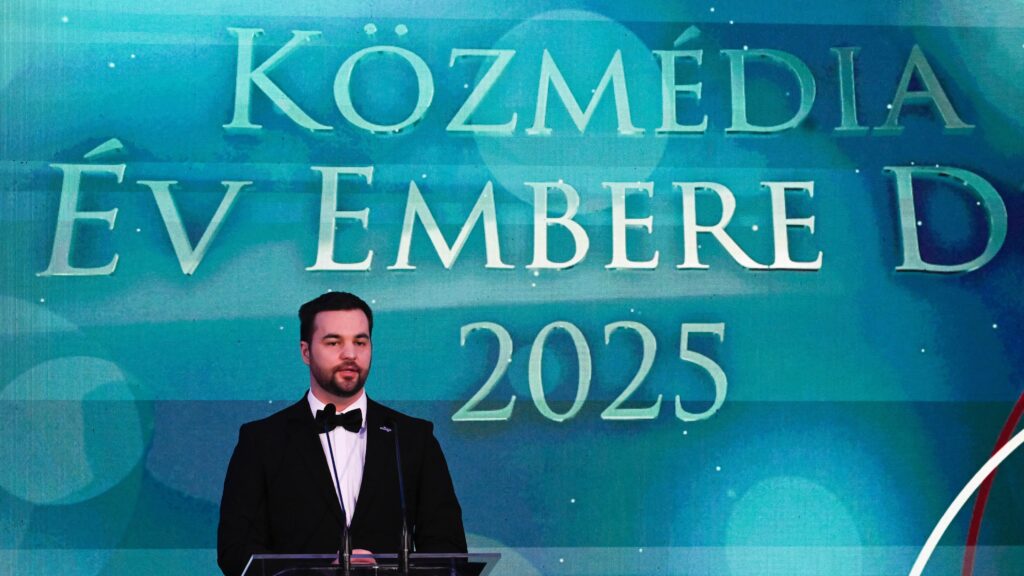
Hungarian research astronaut Tibor Kapu said the HUNOR national astronaut programme marked the first step toward a much larger space effort, adding that work is already under way on future missions and new scientific experiments involving Hungarian teams.
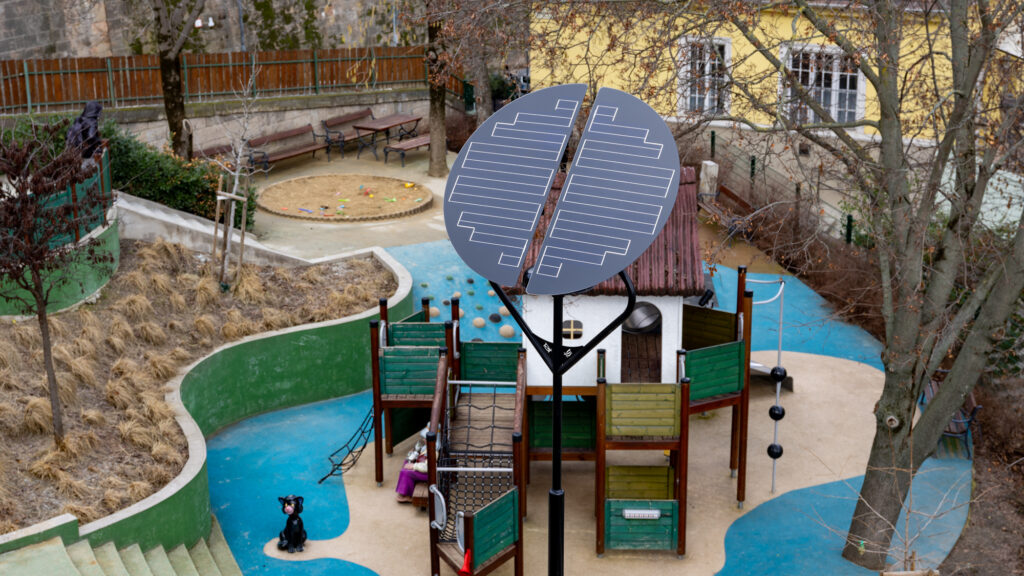
Foreign Minister Péter Szijjártó said Hungary is open to diversifying its energy supply but will not replace cheap and reliable sources with more expensive and less dependable alternatives, warning that doing so would undermine the country’s utility price protections.
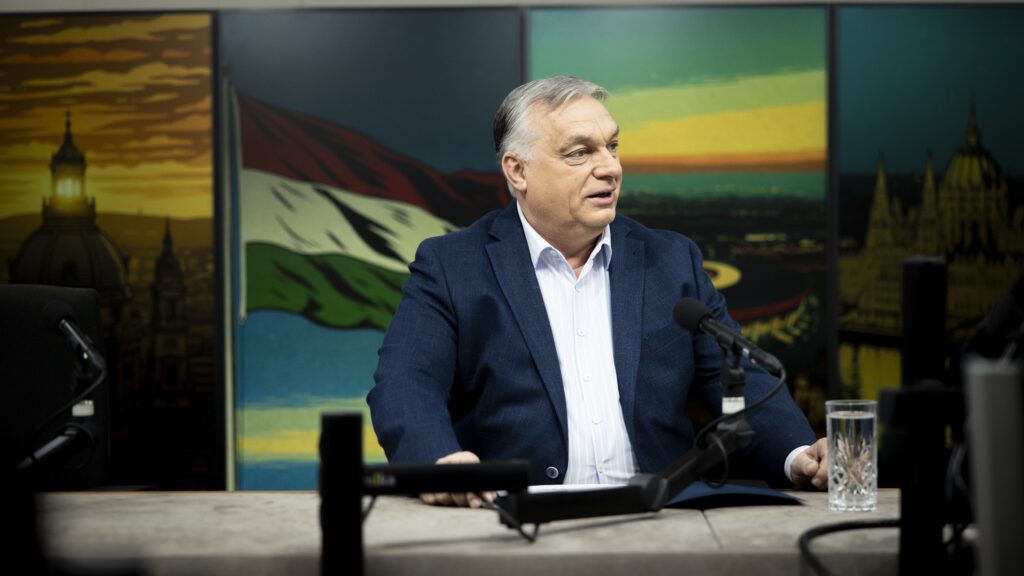
Prime Minister Viktor Orbán said European leaders led by Ursula von der Leyen agreed with President Zelenskyy to continue the war in Ukraine, warning that the conflict has no solution on the battlefield and is costing Europe heavily.
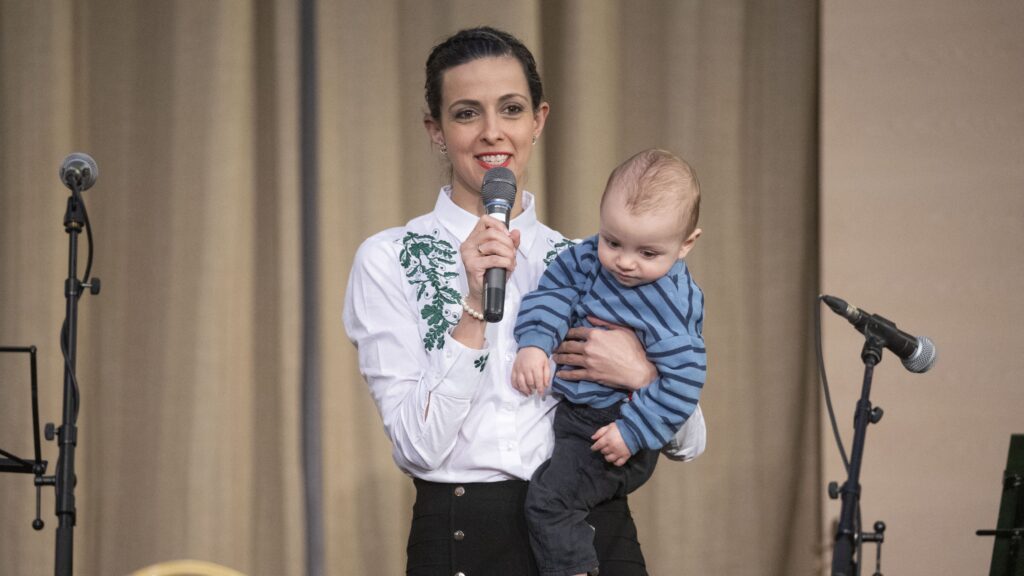
Hungary’s government says it is providing unprecedented support to families, expanding tax exemptions for mothers and increasing funding for family policies while criticizing opposition plans that it claims would dismantle key benefits.
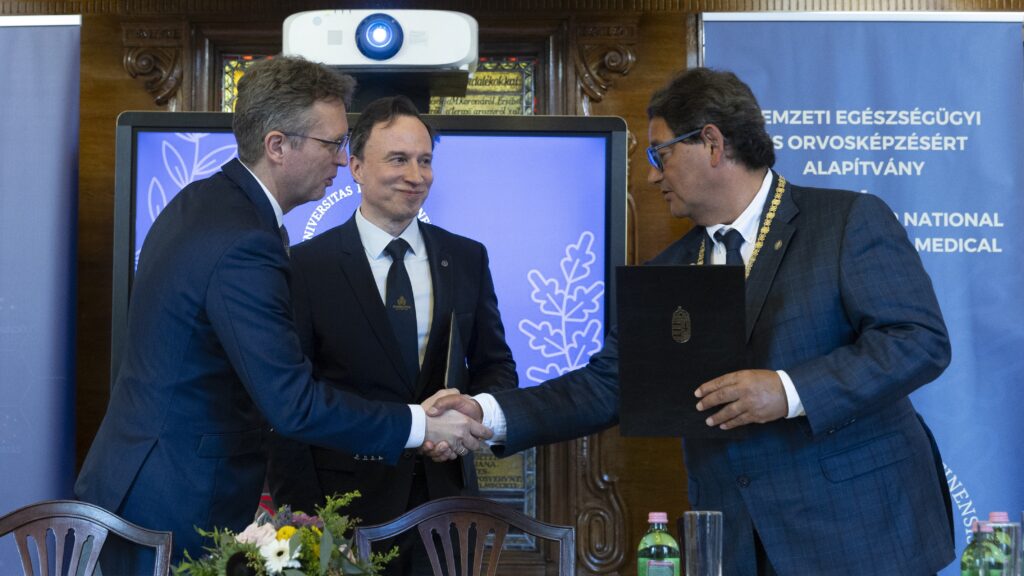
Hungary’s government has signed an agreement enabling cooperation between Semmelweis University and Harvard University, supporting joint training in Budapest and Boston as part of a plan to elevate the Hungarian institution among the world’s leading medical schools.
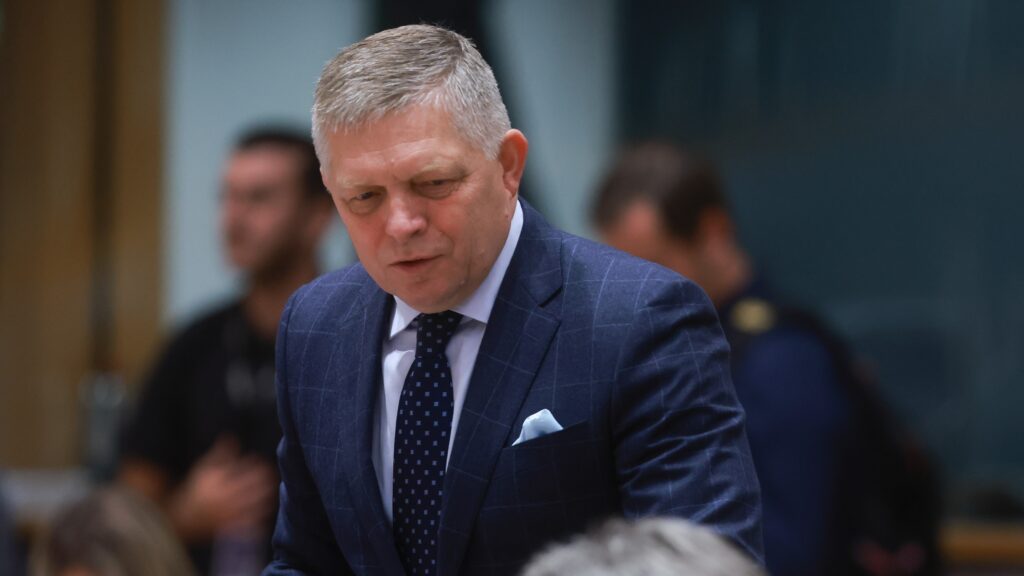
Slovak Prime Minister Robert Fico said he will ask the national grid operator to halt emergency electricity deliveries to Ukraine, escalating tensions linked to energy supplies and EU policy toward the war.
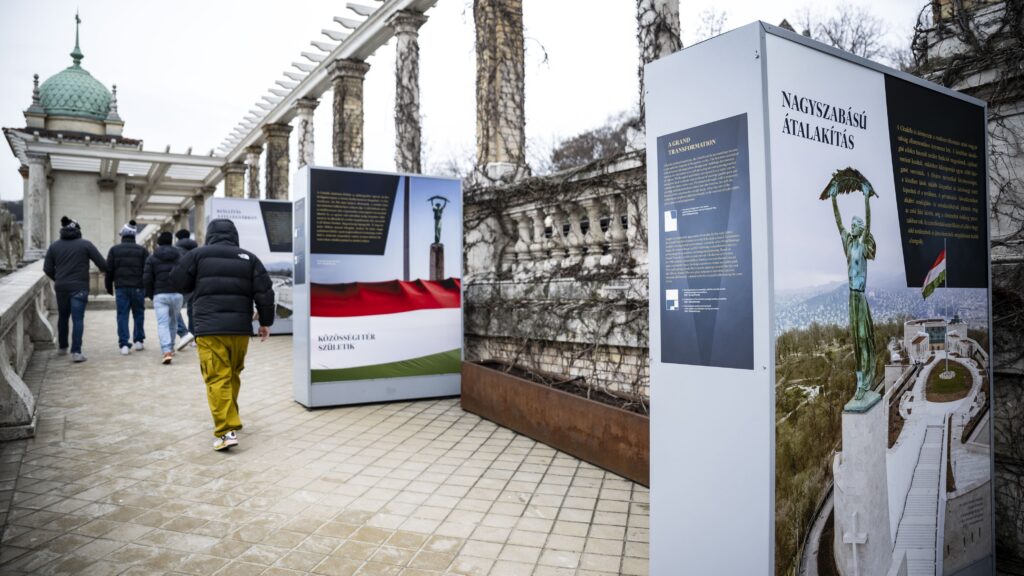
An open air exhibition presenting the history of Gellért Hill and the renewed Citadel opened on Friday at the Várkert Bazaar in Budapest. The display, titled From Oppression To Freedom — The History of the Citadel on Gellért Hill, traces the site’s story from past centuries to the present day.
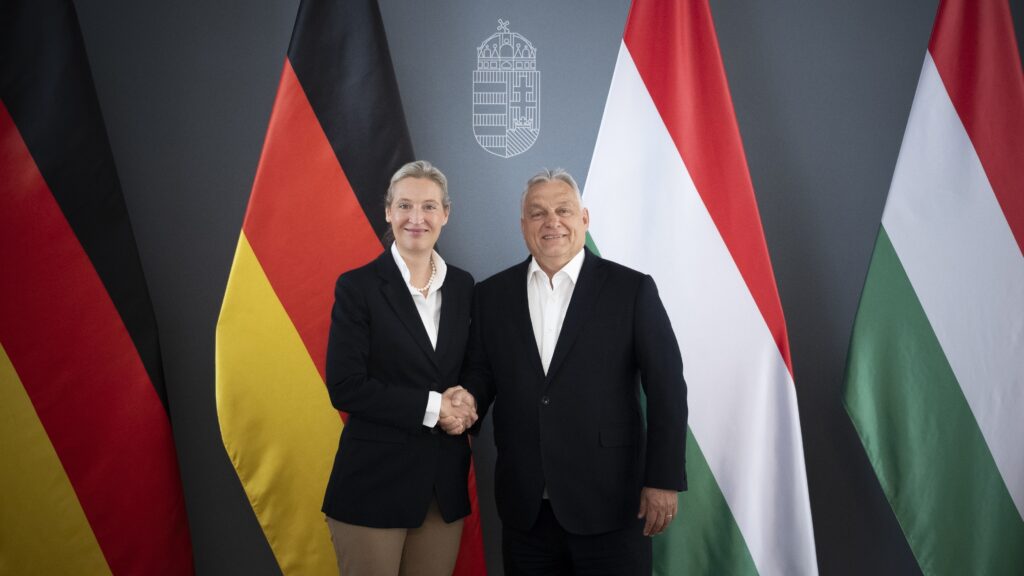
Co-Chairwoman of the Alternative for Germany (AfD) party Alice Weidel said Hungarian Prime Minister Viktor Orbán is the only guarantee that Ukraine will not join the European Union, arguing that the country does not meet accession requirements and calling for Europe to pursue peace talks with both sides in the war.
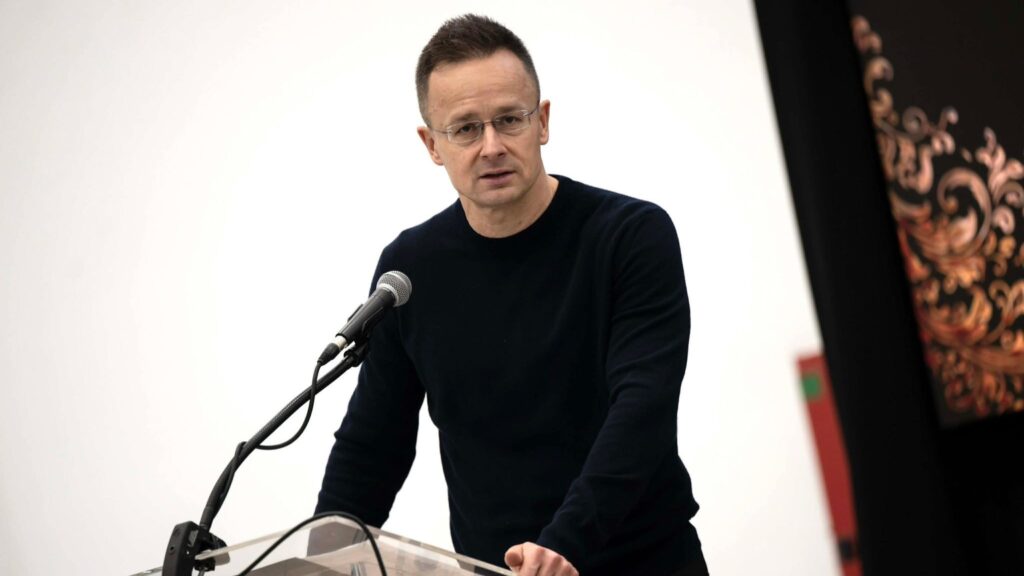
Hungary is building its future on children and maintaining strong family support policies, but current global uncertainties could make past achievements fragile, Foreign Minister Péter Szijjártó said at a conference in Demecser.
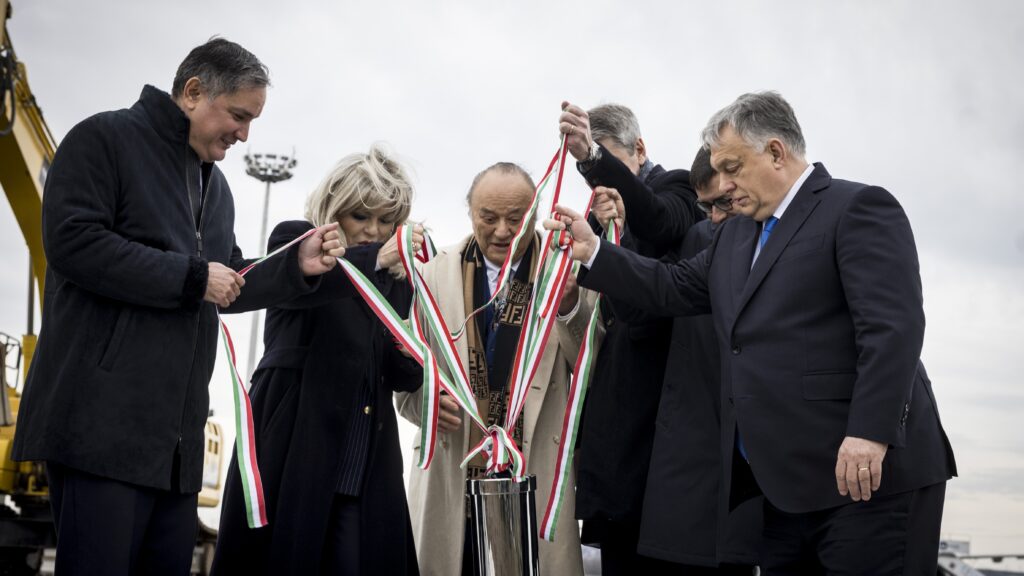
After returning from a short visit to Washington, Viktor Orbán announced major expansion plans at Budapest’s main airport, laying the foundation stone for Terminal 3 and highlighting the importance of keeping strategic investments in Hungarian ownership.